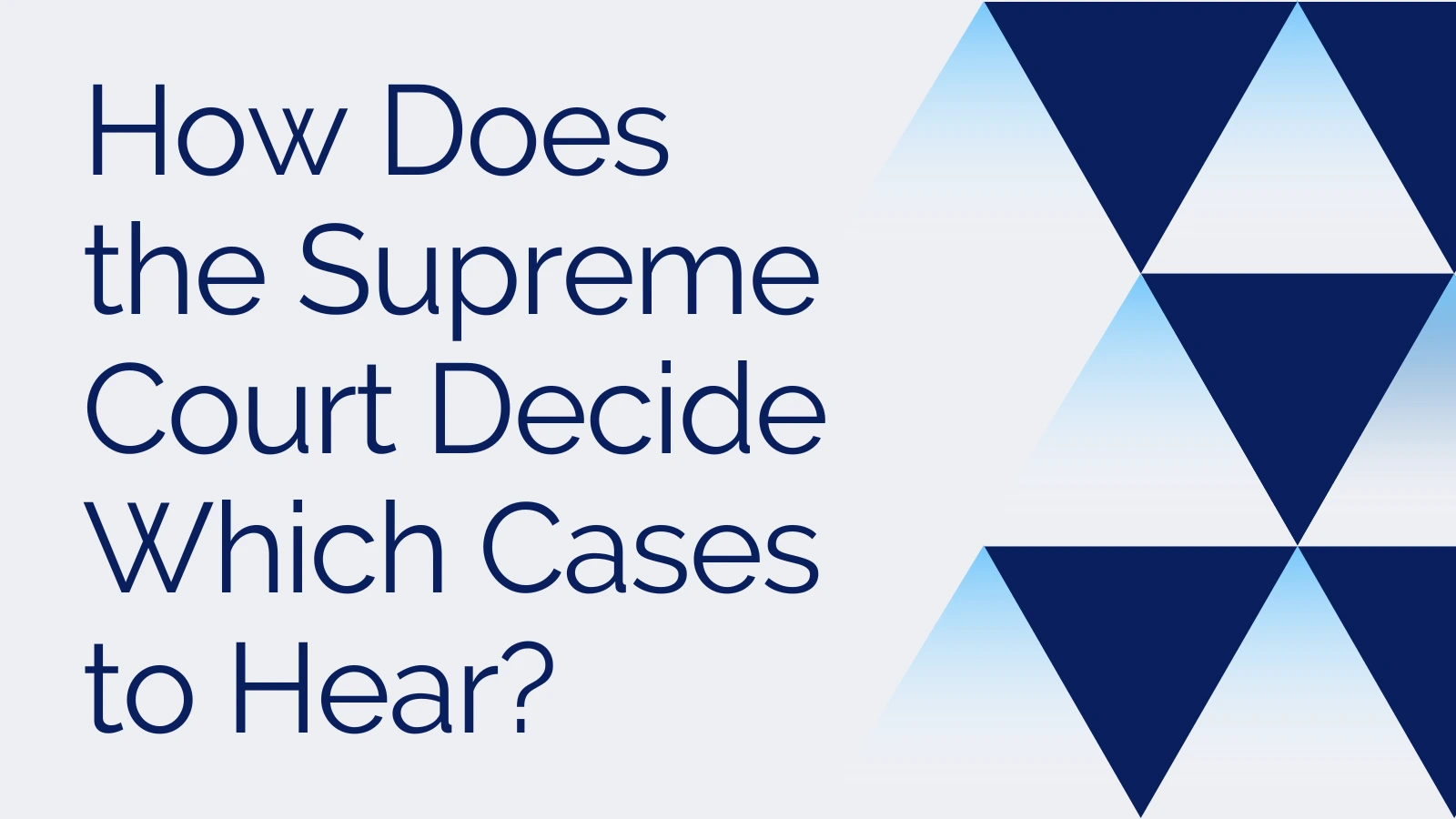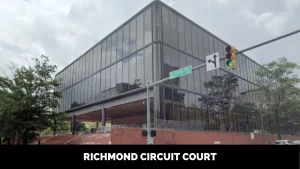How Does the Supreme Court Decide Which Cases to Hear?
The Supreme Court is the highest court in the United States and is responsible for interpreting the Constitution and federal laws. However, the Supreme Court receives thousands of requests each year to hear cases, and only a small fraction of those cases are actually granted a hearing. So, how does the Supreme Court decide which cases to hear? In this article, we will discuss the factors that the Supreme Court considers when deciding which cases to take on and the process by which the Court chooses which cases to hear.
Introduction
The Supreme Court is the highest court in the United States and is responsible for interpreting the Constitution and federal laws. The Supreme Court hears cases that are appealed from lower federal and state courts, and the decisions made by the Court are binding on all other courts in the United States. However, not all cases are granted a hearing by the Supreme Court. In fact, the Court receives thousands of requests each year to hear cases, but only a small fraction of those cases are actually granted a hearing. So, how does the Supreme Court decide which cases to hear?
The Role of the Supreme Court
Before we can answer that question, it is important to understand the role of the Supreme Court. The Supreme Court has the final say in legal disputes that arise under the Constitution or federal law, and its decisions have far-reaching implications for American society. The Court is made up of nine justices who are appointed by the President and confirmed by the Senate. Once appointed, Supreme Court justices serve for life or until they retire.
The Certiorari Process
When the Supreme Court receives a request to hear a case, it goes through a process called “certiorari.” Certiorari is a Latin word that means “to be informed of” or “to be made certain in regard to.” The certiorari process is the way in which the Supreme Court decides which cases it will hear.
Criteria for Granting Certiorari
The Supreme Court considers several factors when deciding whether to grant certiorari and hear a case. Some of the most important criteria are:
Importance of the Legal Issue
One of the primary factors that the Supreme Court considers when deciding whether to hear a case is the importance of the legal issue at stake. The Court is more likely to hear cases that involve important legal questions or issues that have not been resolved by lower courts.
Circuit Split
Another factor that the Court considers is whether there is a “circuit split” on the legal issue. A circuit split occurs when two or more federal courts of appeals have issued conflicting decisions on the same legal issue. The Supreme Court is more likely to hear cases that involve circuit splits.
Conflict with State or Federal Law
The Court is also more likely to hear cases in which there is a conflict between state and federal law or when lower courts have applied federal law in different ways.
The Significance of the Case to the Public
The Supreme Court also considers the significance of the case to the public. Cases that have a broad impact on society or that involve issues that are of great public interest are more likely to be heard by the Court.
The Role of the Solicitor General
Another important factor in the certiorari process is the role of the Solicitor General. The Solicitor General is the government’s lawyer who represents the United States in cases before the Supreme Court. When the government is a party to a case or has an interest in a case, the Solicitor General will often file a brief with the Court recommending that the case be granted certiorari. The Court gives significant weight to the Solicitor General’s recommendations.
Conclusion
In conclusion, the Supreme Court decides which cases to hear based on a number of factors, including the importance of the legal issue, circuit splits, conflicts with state or federal law, and the significance of the case to the public. The Court also considers the recommendations of the Solicitor General. While the certiorari process is complex, the goal is to ensure that the most important legal issues are addressed by the highest court in the land.
FAQs
How many cases does the Supreme Court hear each year?
The Supreme Court hears about 80 cases each year.
How long does it take for the Supreme Court to decide whether to hear a case?
It typically takes the Court several weeks or months to decide whether to grant certiorari and hear a case.
Can the Supreme Court refuse to hear a case?
Yes, the Court has the discretion to refuse to hear a case even if it meets the criteria for granting certiorari.
How are Supreme Court justices selected?
Supreme Court justices are appointed by the President and confirmed by the Senate.
Can a case be appealed after the Supreme Court makes a decision?
No, the Supreme Court’s decisions are final and cannot be appealed to any other court. However, the Court can sometimes reconsider its own decisions in certain circumstances.







